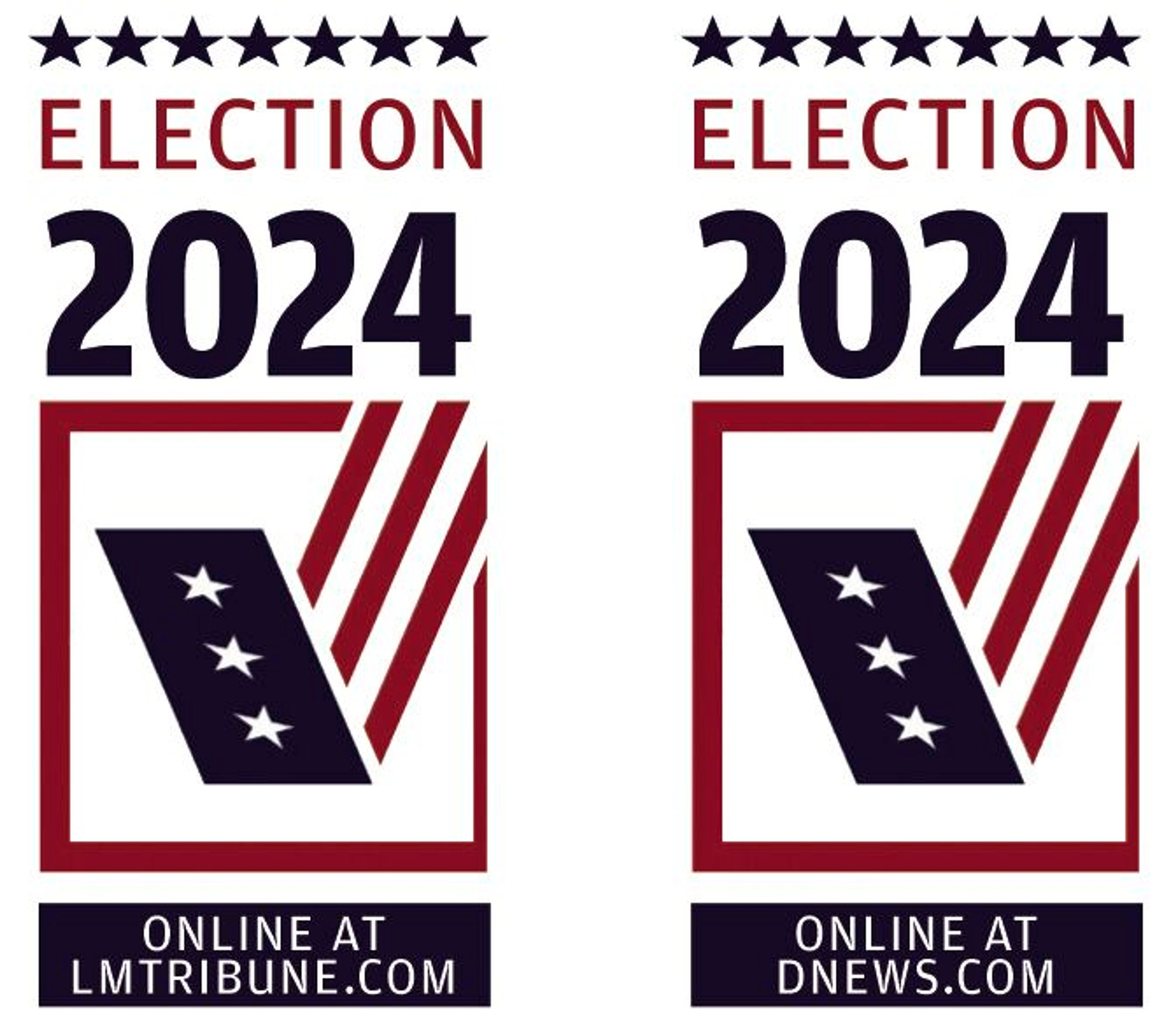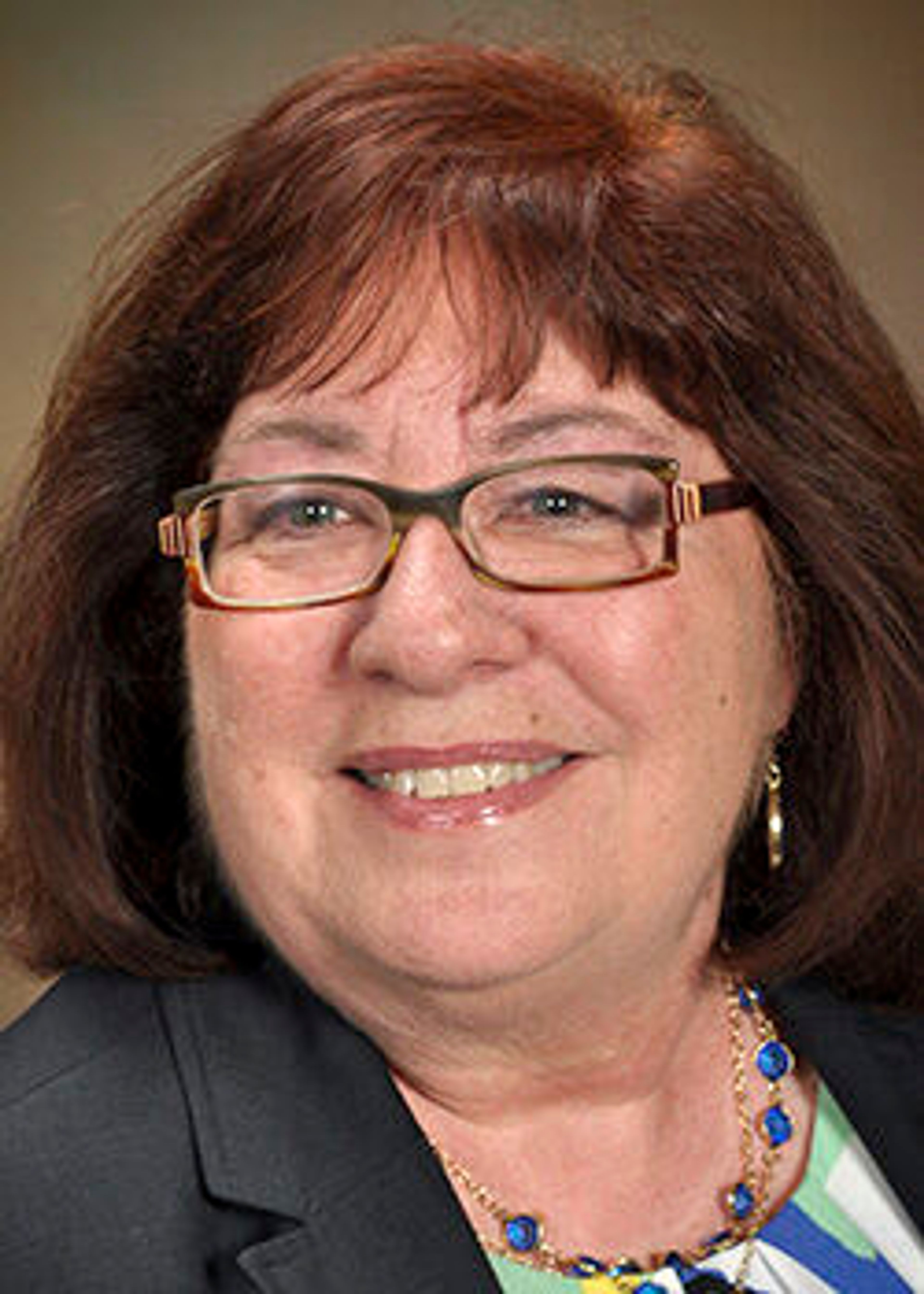When presented with fact, why we may cling to fiction
UI professor says many people accept fake news even when facts are laid out because of the hard work put into learning misinformation
Even when presented with facts, people often cling to fiction if it is information they worked hard to learn.
This is called the “backfire effect,” according to Katie Blevins, assistant professor at the University of Idaho School of Journalism and Mass Media.
“If you have to work hard to learn something, you’re more likely to hang onto even maybe an inaccurate understanding of what you learned because you put effort into it,” Blevins said.
Blevins gave a presentation titled, “Disinformation and the Role of BIG TECH in Dissemination and Social Interactions,” Wednesday via Zoom. The talk was hosted by the League of Women Voters of Moscow.
Blevins said research shows people who have a high education background are less vulnerable to misinformation and fake news than people who have less education.
“Some of this is if you’ve gone through the process of getting a college education or something like that, you’re more used to this process of having to put extra energy into knowledge gain,” Blevins said. “And so you’re less likely to be challenged by it in ways that make you want to cling to cognitive biases.”
While information is more readily available now than ever, Blevins said the mass volume of information can be negative.
“This kind of information overload is where a lot of these errors in understanding information come from,” she said.
Blevins said people tend to lean toward confirmation bias, or information that tells people they are right, and social media feeds into that type of bias. She said algorithms on Facebook, for example, allow users to see things that confirm what they already believe, which makes them happy.
Since people tend to make purchases when cheerful and social media survives on advertising revenue, confirmation bias is a tool social media companies use, Blevins said.
Blevins said sometimes people take for granted social media’s impact on the way people think and understand the world. She said Facebook became the most used social media platform in the world in 2015, and it still is today.
“We don’t realize that these conversations that we’re having on our phones, on our computers, with social media, are impacting us so much more because it’s such a bigger scale than anything we’ve ever seen before,” Blevins said.
At The League of Women Voters of Moscow’s next meeting, the group will present, “Braver Angels: Reuniting America,” 6-7:30 p.m. Wednesday via Zoom.
The 50-minute film will be followed by a discussion facilitated by Rob Hanson, Idaho Braver Angels state coordinator, and Elen Hunt, moderator.
Login information is available on the League of Women Voters of Moscow website at https://my.lwv.org/idaho/moscow.
Garrett Cabeza can be reached at (208) 883-4631, or by email to gcabeza@dnews.com.








